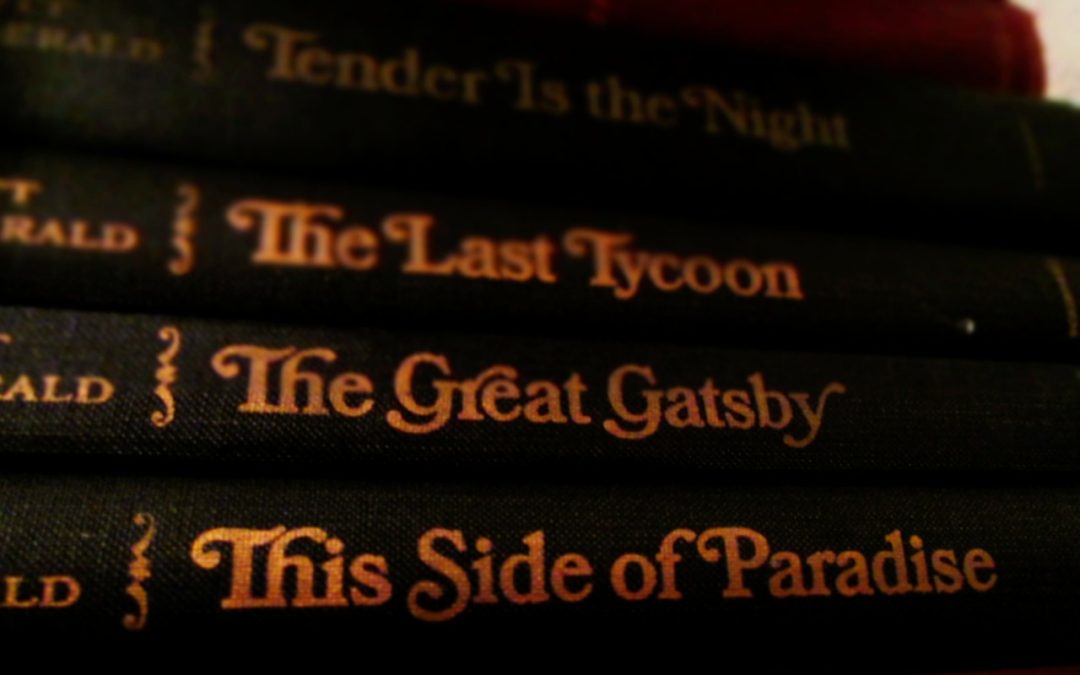For man, unlike any other thing organic or inorganic in the universe, grows beyond his work, walks up the stairs of his concepts, emerges ahead of his accomplishments. (John Steinbeck, The Grapes of Wrath)
Like so many other inexplicable occurrences in my life, I somehow managed to get through an education in English Literature without reading The Grapes of Wrath. Is that more or less inexplicable than the fact that I also got through that same education without reading The Count of Monte Cristo, which is now my favorite novel? You decide.
Passages like the one above remind me, yet again, why some works endure in our literary canon, while others are relegated to remainder bins and the shelves of airport book stores. They teach us. Unfailingly, if we’re willing to learn, they teach us. Even as they remind us about courage, strength, self-faith, perseverance, and transcendence — what they teach is entirely up to us.
To create today is to create dangerously. Any publication is an act, and that act exposes one to the passions of an age that forgives nothing. (Albert Camus, Resistance, Rebellion, and Death)
The business idea, like the literary idea, is an expression, a creative one. It must be. No one creates a business to be ordinary. No one creates a business to be lost in the herd. Every business is an extension of personality, of intent, of will, of hope. Businesses can’t be sustained by ego. But their creation is the product of ego, as well as of intellect, imagination, and emotion. And ego remains an aspect of differentiation. The sum of any business’s differentiators is its brand.
We do live in an age that forgives nothing — in a business and political climate that disdains individualism. We deny the reality of winners and losers. We think fairness, equality, and social justice are legislative products. They are not. We believe they can and should be mandated. They cannot. The history of our species teaches us that. But Utopian dreams die hard. Centralize, homogenize, patronize, organize — huddle the masses, redistribute the wealth, lower the denominators, and all will be right with the world. Such are the circumstances under which the act of creation becomes one of danger. And so it goes, until …
If now and then we encounter pages that explode, pages that wound and sear, that wring groans and tears and curses, know that they come from a man with his back up, a man whose only defenses left are his words and his words are always stronger than the lying, crushing weight of the world, stronger than all the racks and wheels which the cowardly invent to crush out the miracle of personality. (Henry Miller, Tropic of Cancer)
There it is — the miracle of personality — the single and singularly profound miracle that gives us literature and businesses.
In the light of that miracle, the only meaningful questions are these: How do I express this? How do I create that? Why must I? The only answer is this: personality. You’re driven to create or you’re not. Either way is an accident of personality.
Everyone needs to make a living. Most of us would rather be financially comfortable than not. But make no mistake: No one who creates a work of literature or founds a successful business to fulfill a dream does it for the money.
People who create literature do it to share — ideas, observations, truths. People who create businesses do it to share — ideas, opportunities, rewards. Like literature, good businesses create environments for learning, for interpreting, for growing, for giving people — who may not have the need to create — a chance to discover the miracles of their own personalities.
Great ideas come into the world as quietly as doves. Perhaps then, if we listen attentively we shall hear, among the uproar of empires and nations, the faint fluttering of wings, the gentle stirrings of life and hope. Some will say this hope lies in a nation; others in a man. I believe rather that it is awakened, revived, nourished by millions of solitary individuals whose deeds and works every day negate frontiers and the crudest implications of history. Each and every one, on the foundations of their own suffering and joy builds for all. (Albert Camus)
—
Image by IDKDIY, courtesy of pixabay.com.

